9 Common Foods That Turn Toxic When Reheated
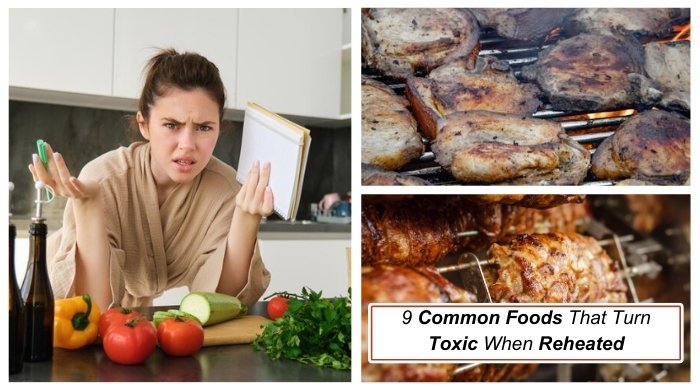
Most of the folks, without a second thought, reheat the leftover food, as they think if you do not want to waste food, the food reheating is the quickest and easiest thing to do to have that food again.
However, few know that some foods become harmful when re-heated. They might change their chemical structure when reheated and may become toxic or lead to digestive issues (such as stomachaches or food poisoning). Knowing about these risks enables you to make safer choices regarding the reheating of your food.

Actually, the nutritional value then, in some products, deteriorates or harmful substances are formed if they are heated repeatedly. Whatever the reason, the breakdown of proteins/fats or any other component, these changes are harmful to your body. Here are nine foods you should never reheat—what happens when you do, the science behind these reactions, and how to properly handle leftovers. This helps you to save your health as well as your food.
1. Rice
If rice has not been stored properly, reheating can cause food poisoning. Cooked rice left out at room temperature has an ideal environment to finish the process of spores germination into Bacillus cereus and multiply. During this process, the bacteria may form toxins that are not destroyed by reheating and, therefore, make the rice unsafe to eat.
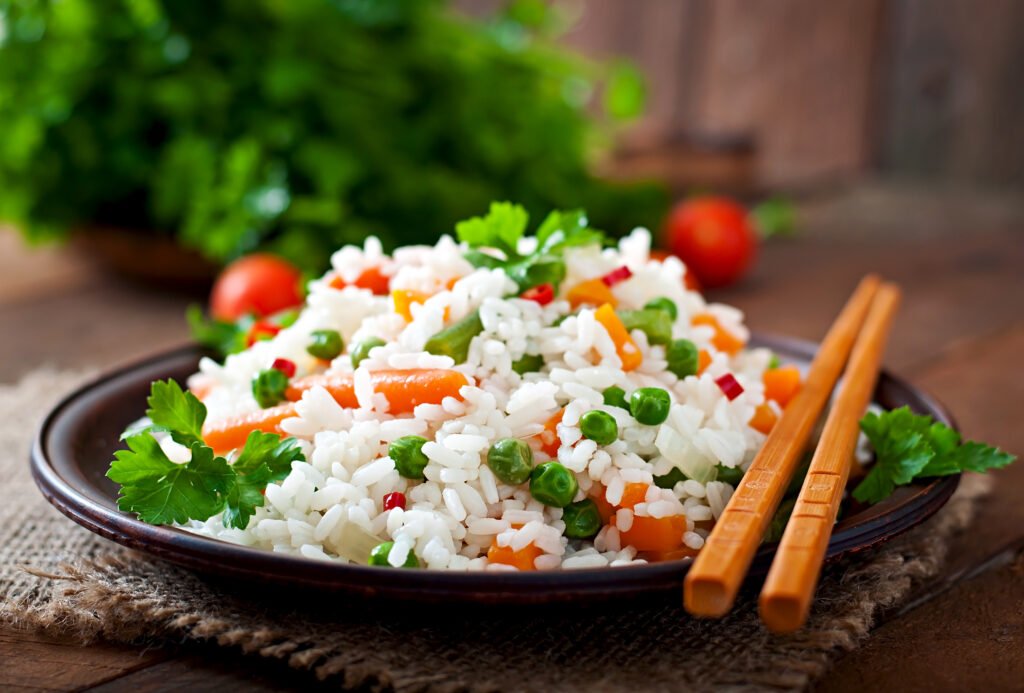
Eating this contaminated reheated rice may produce food poisoning symptoms: nausea, vomiting, diarrhea, and/or stomach cramps. Particularly, rice has been reported to cause food poisoning. To reduce the likelihood of this happening, storing leftover rice must be done correctly. Move it to an airtight container and place it in the fridge to cool for an hour after cooking. Just make sure to heat the rice all the way up to steaming hot if you plan to eat it, but heating it up does not always kill the toxins. If in doubt, it is the best to throw away rice that has been more than 1 hour at room temperature.
2. Eggs
However, eggs are a very nutritious food when they are cooked fresh; reheating can be dangerous. Second, egg proteins are restructured through cooking at high temperatures, and they will lose their digestibility. This can result in stomach problems, such as bloating or, in some instances, poisoning, depending on the manner in which the eggs are stored and reheated.
This risk is especially true for boiled or scrambled eggs since the protein structure is damaged more easily when reheated. In order not to experience health-related issues, leftover eggs are best consumed cold, for example, in a salad or sandwich. Or you can add them to a meal that you are cooking without reheating them, eating them plainly without losing flavor and viabilities. If you intend to eat the eggs later, always store them properly in the refrigerator.
3. Chicken
In hot climates, chicken provides an ideal source of protein, but heating it has some dangers that may affect your health. When chicken is reheated, the proteins undergo breakdown and change their structure, making it difficult to digest. Moreover, if the chicken is not properly cooked to a safe temperature, it may allow for the survival of harmful bacteria, such as Salmonella or Campylobacter, which can lead to foodborne illness.
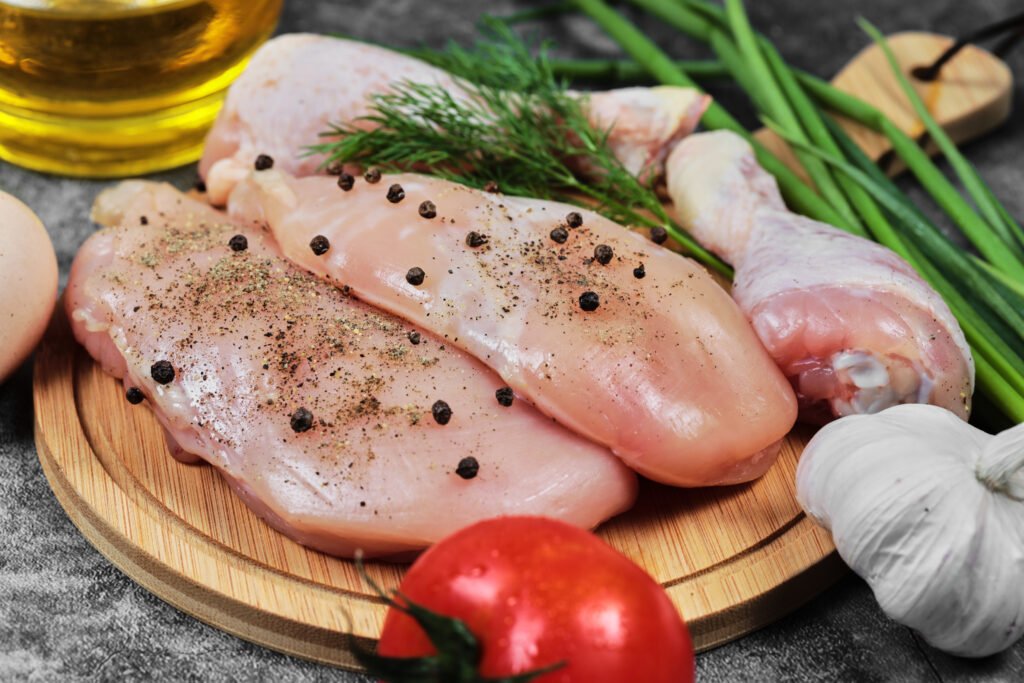
When you reheat chicken, make sure it is piping hot throughout. If available, check with a food thermometer that the internal temperature reaches at least 165°F (74°C). Still, it can be much safer to eat cold chicken than to eat it hot, which makes the leftovers easier to eat. Use it in salads, wraps, or sandwiches so you can taste it without the risks of re-heating it. Bacteria grow quickly, so make sure to place leftover chicken in the refrigerator as soon as possible.
4. Potatoes
Potatoes are one of those foods we feel secure about and think are easy to prepare, but things can actually take a hazardous turn when these potatoes are not stored properly. Clostridium botulinum, a type of bacteria, can grow in low-oxygen conditions, such as when potatoes are wrapped in foil or placed in containers where no air can circulate and then left to sit for several hours at room temperature. The toxins produced by bacteria are not always destroyed by reheating and can lead to serious food poisoning.
In other words, as long as you refrigerate cooked potatoes as soon as they have cooled down (within one hour if possible), you are good to go. Don’t leave them out for excessively long at room temperature because that promotes bacteria. If you need to reheat potatoes, make sure they reheat evenly and go through all the form. If there is any uncertainty about how long they have been stored, it is a good idea to discard them instead of putting your health at risk. However, if you store and reheat them correctly, you can eat them with peace of mind.
5. Mushrooms
Reheating mushrooms is not good for health. They contain fragile proteins that start breaking down within minutes of cooking. These proteins can degrade further upon reheating, and this may also contribute to digestive upset, stomach cramps, or food spoilage if the mushrooms aren’t stored properly.

Mushrooms are best eaten freshly cooked if they are consumed on the same day. Leftovers? Try them cold in salad or as a sandwich topping. Only reheat if you need to, on low to reduce protein breakdown.
6. Spinach
Spinach is rich in nutrients, including iron and nitrates, that may help promote your health. But if overdosed, reheated nitrates can transform into cancer-causing compounds known as nitrosamines.
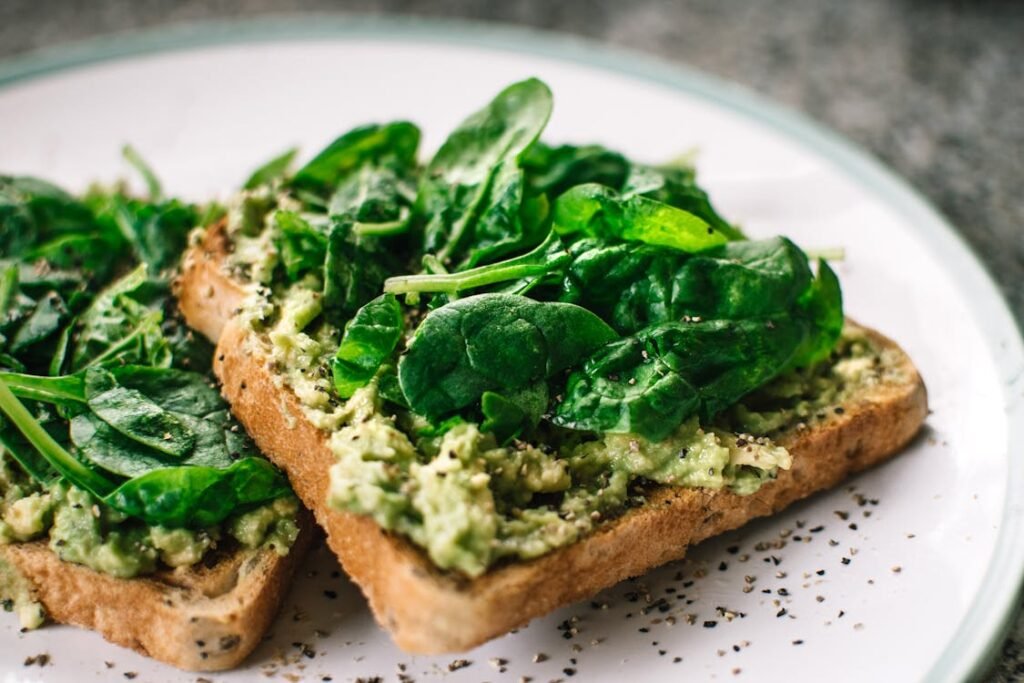
To be safe, eat cooked spinach right away. If you have leftovers, have them cold, or do not reheat them. Good way to include them is in a smoothie or a cold pasta dish.
7. Celery
Celery, like spinach, contains nitrates that are dangerous when reheated. Celery is commonly used in soups and stews, plenty of them are reheated by people.
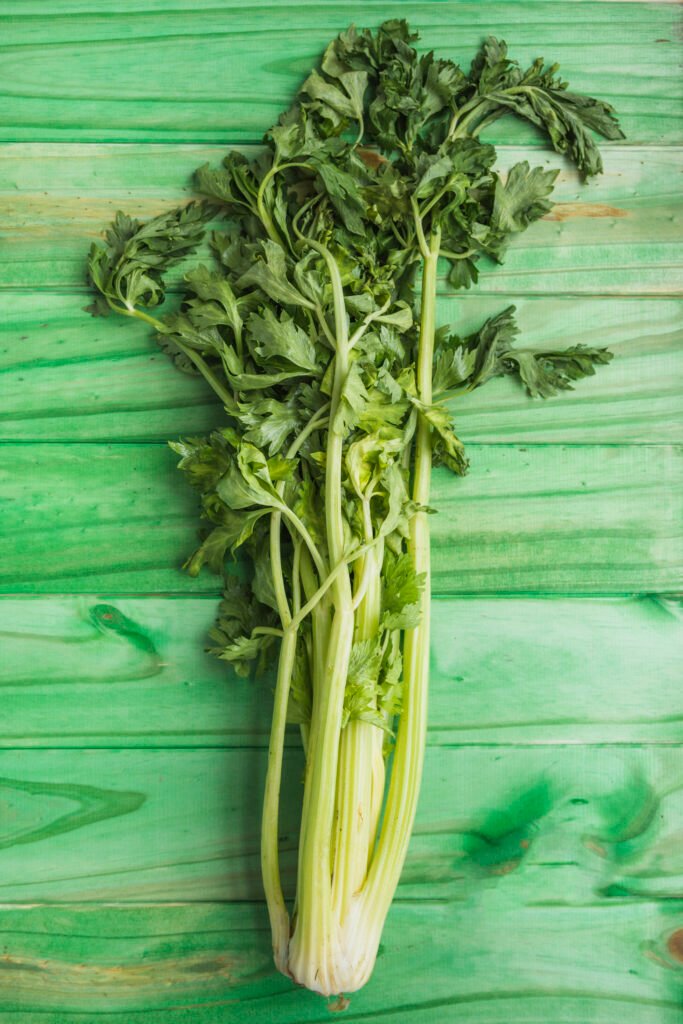
If you pour soup over celery, try taking out the celery sticks before you reheat the soup. That minimizes the potential for destructive chemical transformations. Or simply enjoy your soup freshly made, and skip leftovers entirely.
8. Seafood
Perishable foods like fish or shrimp fall into this category. When heated again, the proteins break down and may generate anything from carcinogens. Not only spoils the taste also leads to food poisoning.

Wear seafood in style, eat it fresh. If you have to reheat it again then do it over low flame but never heat again.
9. Beets
Similar to spinach and cellar, beets too contain nitrates, making them a healthy option. If you heat them, the same nitrate will become nitrosamine and that can be deadly.
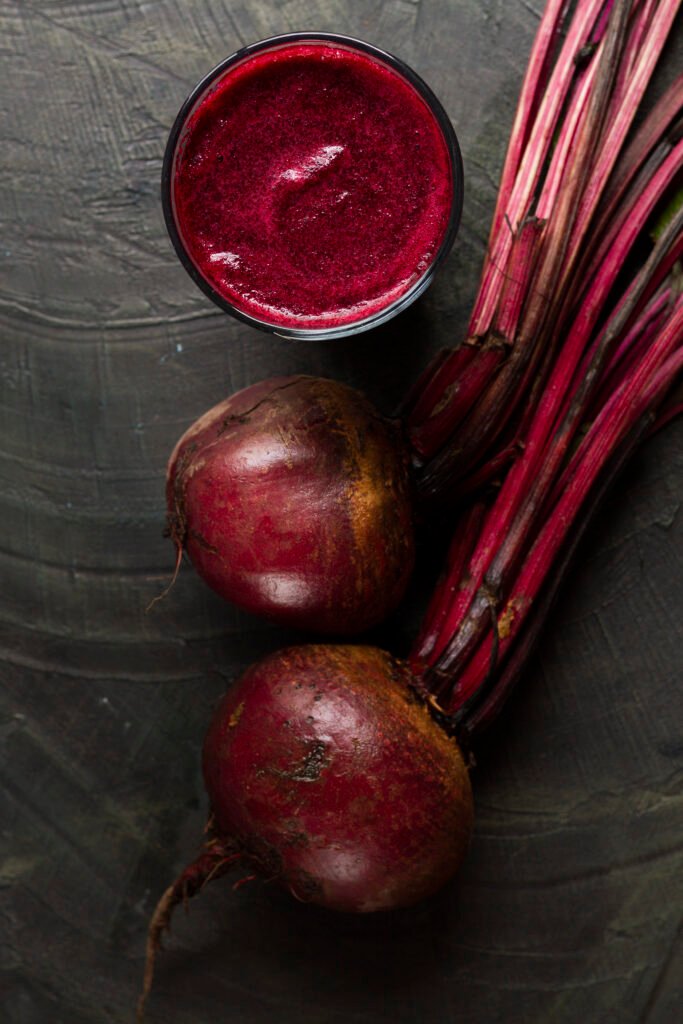
For safety, eat beets cooled or raw. Stuff them into a salad or eat them chilled on the side.
Final Tips for Food Safety
- On a cooking note, keep leftovers out of the fridge for no longer than two hours after you cook them.
- Store them properly in airtight containers for some time.
- Heat food evenly and single time to minimize the danger of bacteria.
With these tips in mind, you can have your meals safely and avoid side effects. The best is fresh food, so try to cook only the amount of food that you are able to eat in a single time. You may choose leftovers for ease, but they should never kill your health!


